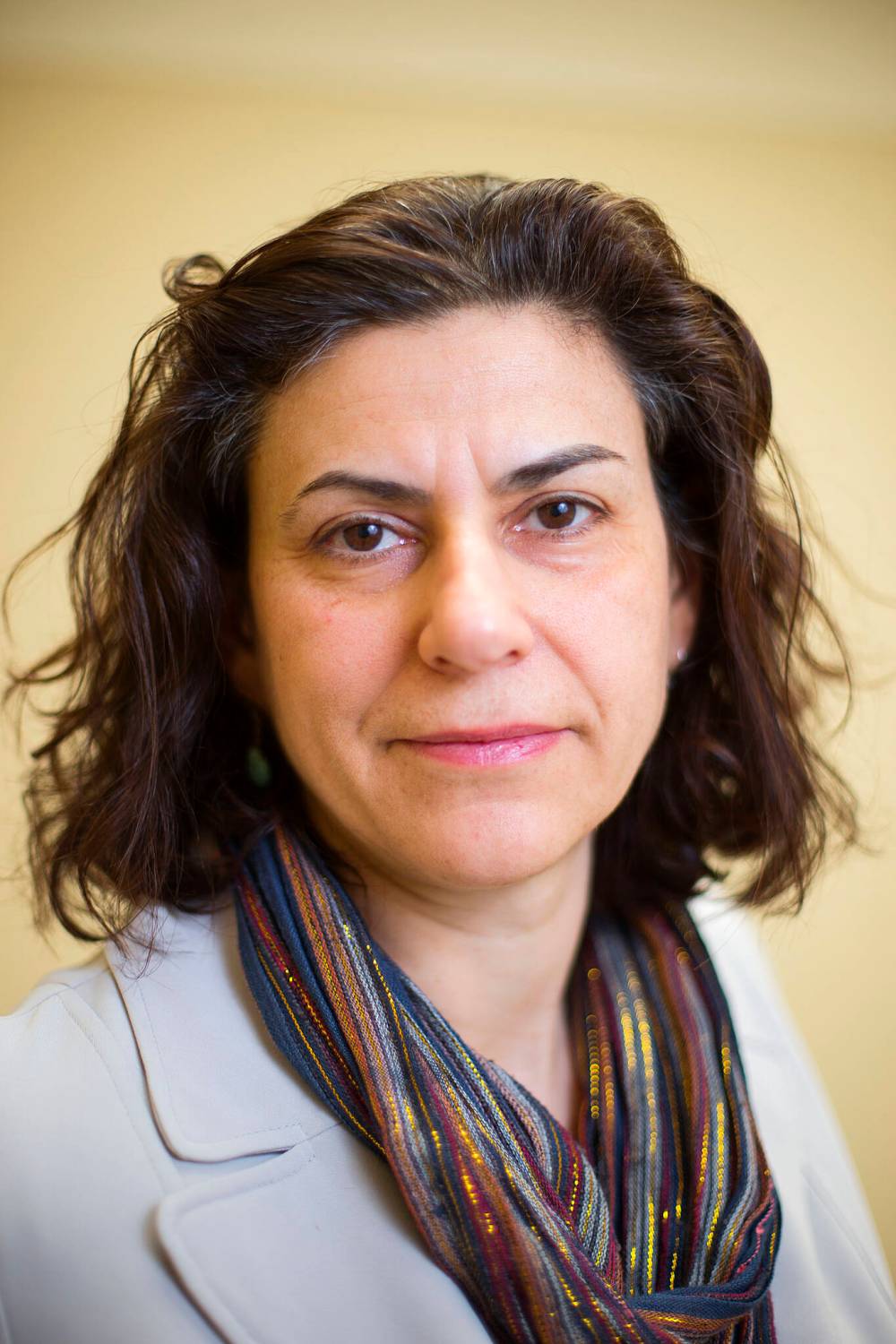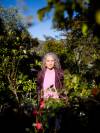Election as ‘very good learning moment’
Advertisement
Read this article for free:
or
Already have an account? Log in here »
To continue reading, please subscribe:
Monthly Digital Subscription
$0 for the first 4 weeks*
- Enjoy unlimited reading on winnipegfreepress.com
- Read the E-Edition, our digital replica newspaper
- Access News Break, our award-winning app
- Play interactive puzzles
*No charge for 4 weeks then price increases to the regular rate of $19.00 plus GST every four weeks. Offer available to new and qualified returning subscribers only. Cancel any time.
Monthly Digital Subscription
$4.75/week*
- Enjoy unlimited reading on winnipegfreepress.com
- Read the E-Edition, our digital replica newspaper
- Access News Break, our award-winning app
- Play interactive puzzles
*Billed as $19 plus GST every four weeks. Cancel any time.
To continue reading, please subscribe:
Add Free Press access to your Brandon Sun subscription for only an additional
$1 for the first 4 weeks*
*Your next subscription payment will increase by $1.00 and you will be charged $16.99 plus GST for four weeks. After four weeks, your payment will increase to $23.99 plus GST every four weeks.
Read unlimited articles for free today:
or
Already have an account? Log in here »
Hey there, time traveller!
This article was published 07/04/2025 (251 days ago), so information in it may no longer be current.
Manitoba students want to know how the major party leaders running to become the 25th prime minister plan to make new foreign friendships and maintain Canada’s independence.
“How would you respond if America did declare war on Canada to make it the 51st state? Would Canada’s military have enough strength to stand up?”
Those are questions that children from Samuel Burland School in Winnipeg’s River Park South neighbourhood drafted in the hopes of tracking down replies from leadership hopefuls.

MIKAELA MACKENZIE / FREE PRESS FILES
Former MLA Marianne Cerilli has created a media literacy guide for teachers.
CIVIX, which puts on Student Vote Canada, has recruited more than 260 local schools to participate in its mock races before election day, April 28. Roughly 800,000 students are expected to take part across Canada.
Prior to opening its student polls, the national charity put out a call to participants to collect policy questions and narrow them down to seek a handful of responses from the leaders.
The local submissions show that children and youth in Manitoba are particularly concerned about tariffs and trading relationships, poverty, sovereignty, climate change and mental health support.
Dan Allan, chief program officer at CIVIX, said he’s hopeful children are hearing adults talk about this race being a critical moment and “taking that idea to heart.”
“It’s a very good learning moment, understanding what the threats to Canada are and the different ways the government can act or respond to those threats,” Allan said.
Winnipeg’s General Wolfe School submitted questions about each party’s immigration platforms and whether they approve of what’s happening south of the border.
“Should I be worried for my family?” asked one anonymous student at the West End school where roughly four in 10 children are immigrants or refugees.
Inquiring minds
Here are some of the questions students had for political leaders:
1. How will you help with homelessness and poverty?
2. What will you do to stop global warming?
3. How can Canadians trust your election promises?
4. Would you lower the cost of groceries?
5. How would you have a good medical and health care plan?
6. Would you become allies with other countries?
7. How can you lower taxes? Will they go down lots or just a little?
Student Vote Canada, a free program offered to schools, aims to deliver basic civic education, combat apathy and give students hands-on experience with casting a ballot before their 18th birthday.
As part of the program’s effort to inform about the democratic process, a former MLA has created a guide for teachers to explore political campaigns and related media coverage this spring.
Marianne Cerilli, a member of the NDP caucus from 1990 to 2003 who was a mayoral candidate in 2006, said she saw a gap in realistic resources available to help students engage in elections with a critical eye.
Before entering politics, Cerilli was a high school teacher. She has taught post-secondary courses and led various community development projects since leaving the legislature.
“Young people need to be able to see through the spin of government and political parties and campaigns and have that discernment to be able to understand when something’s being presented and framed in a way that’s biased that can be very subtle,” she said.
Many participants in her lesson-plan workshops have said they are unprepared to deal with student pushback, resistance and controversy related to political topics, Cerilli noted.
Among her solutions? Have students self-reflect on where they get their information and show them how to find content from a reputable platform with publication standards.
“Media literacy and political literacy go together,” she said.
“Media is essential to a democracy… and it’s not only about accountability of power and political leaders, but it’s also important that people get accurate information, good information.”– Marianne Cerilli
“Media is essential to a democracy — and it’s not only about accountability of power and political leaders, but it’s also important that people get accurate information, good information.”
Her downloadable guide lays the groundwork for lessons that are critical of “showbiz” elements of politics, such as a candidate boasting about endorsements or name-dropping, smooth-talking or focusing on trivial issues.
It also calls upon students to find examples of positive politics — for instance, an example of different views being debated, encouraged and respected.
Meantime, her homemade “bias barometer” encourages users to analyze photos, headlines and various perspectives included in traditional news stories, social media and other platforms.
“Election media coverage plays an influential role in the outcome of elections,” states an excerpt of her guide.
Manitoba’s mandatory social studies curricula is currently under review. The department of education is renewing all of the subject content from kindergarten to Grade 11.
maggie.macintosh@freepress.mb.ca

Maggie Macintosh
Education reporter
Maggie Macintosh reports on education for the Free Press. Originally from Hamilton, Ont., she first reported for the Free Press in 2017. Read more about Maggie.
Funding for the Free Press education reporter comes from the Government of Canada through the Local Journalism Initiative.
Every piece of reporting Maggie produces is reviewed by an editing team before it is posted online or published in print — part of the Free Press‘s tradition, since 1872, of producing reliable independent journalism. Read more about Free Press’s history and mandate, and learn how our newsroom operates.
Our newsroom depends on a growing audience of readers to power our journalism. If you are not a paid reader, please consider becoming a subscriber.
Our newsroom depends on its audience of readers to power our journalism. Thank you for your support.

















